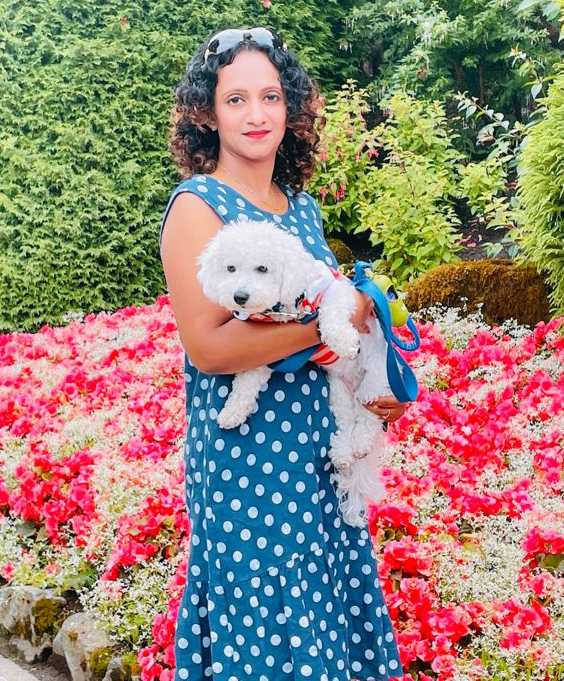Frequently Asked Questions
Most educators and psychologists today agree that the single most important period in the development of a person’s intelligence occurs between birth and age five. A child’s mind is extremely absorbent and his/her curiosity is at a peak during these early years. When properly nourished and stimulated, the child’s mind forms patterns for learning that serve her/him well throughout his life. The Montessori system of preschool education has proven to be one of the most effective and fastest growing methods to guide a child through these critical years.
Daycare Centres are generally for the purpose of caring for children on an all-day basis. Nursery Schools are generally experiences in socialization and play. Preschools are oriented toward education experiences combined with socialization and play. At a Montessori School, a component of academic readiness is built into the program.
In most Preschools the children are taught educational concepts in a group by a teacher. In a Montessori Preschool, the children learn concepts spontaneously as they work independently with the many materials in the environment. The reason why the children learn the concepts spontaneously is because the teacher carefully follows the interest of each child and introduces materials accordingly. We encourage a three-year commitment as we base our programs around Montessori’s theories of psychological development. She felt that children needed to be grouped according to their three-year development stages. Therefore, we offer an ungraded, non-competitive environment where children, ages three to five years of age, are free to progress at their own pace. Children learn from other children of varying ages because they stimulate and help each other. The younger children have a role-model to look up to while the older children get a chance to practice and acquire leadership skills.
The Montessori Method of Education is basically a unique approach to learning. Rather than “teaching” the child concepts, an environment is designed to stimulate the child’s interests, facilitate his/her understanding and learning capacities spontaneously-with little or no adult intervention.
The main purpose of the Montessori Method is to develop an environment where the child can unfold spontaneously and manifest the greater person within. According to Maria Montessori, “The child is the Father of the Man”. As the child begins to develop his/her inner self, the love of learning expands continuously.
Dr. Maria Montessori, over 70 years ago, was Italy’s first woman medical doctor. Using her scientific background, she began observing children in the children’s houses of Rome. Based on her scientific observations, she developed unique materials, a child-centered environment, and was one of the first persons to revolutionize educational thought by stressing respect for the child, freedom of expression, self-education and training through use of movement and senses.
The Montessori classroom is a child-sized world. Whatever is in the world outside can be incorporated meaningfully in the Montessori classroom. To a small child, the world is unmanageable-it is too big, too complex and too confusing. By careful selection of materials, an environment is set up that allows the child to explore life at a level he/she can understand. The materials or exercises are designed to stimulate independent exploration. This prepared environment entices the child to proceed at his/her own pace from simple activities to more complex ones. Through this process, the child’s natural curiosity is satisfied and she/he begins to experience the joy of discovering the world around him/her. Materials and curriculum centre around Practical Life, Sensorial, Language, Math, Geography, Science, French, Art, Music, Drama and Dance.
As the children develop their sense of pride in their “work”, a feeling of confidence, well-being and joy begins to manifest itself in the child. A classroom of Montessori children is a joy to watch. There seems to be a spirit of respect, love and cooperation among the children that is not often found.
Still have questions?
I you can’t find answers to your questions in our FAQ section, you can always contact us. We will get back to you shortly.
